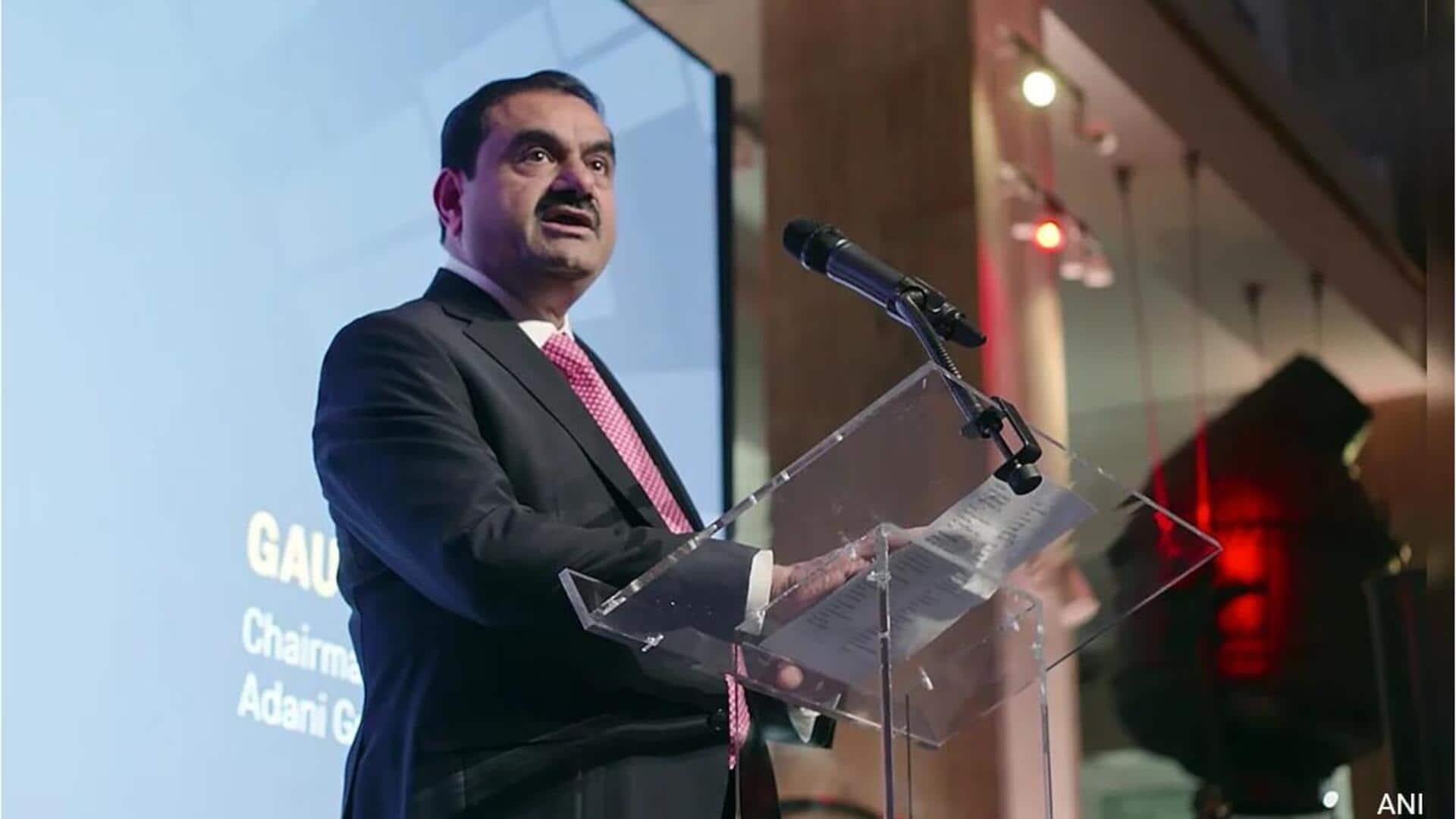
'Two-sided attack': Gautam Adani addresses Hindenburg controversy at AGM 2024
What's the story
Gautam Adani, Chairman of the Adani Group, addressed the controversial Hindenburg incident at the conglomerate's 32nd annual general meeting. He claimed the incident was a 'two-sided attack' aimed at defaming Adani Group's financial standing. "It was designed to defame us. It was a two-sided attack, a vague criticism on our financial standing," Adani said. The US-based shortseller Hindenburg had previously accused the group of stock manipulation and improper use of tax havens, leading to a sell-off in Adani's ports-to-power conglomerate.
Countermeasures
Response to allegations and future plans
In response to the allegations, Adani stated that the group had "safeguarded our portfolio against any volatility by pre-paying ₹17,500 crore in margin-linked financing." He also revealed an aggressive timeline for developing a 30GW renewable energy capacity over the next five years. This capacity is enough to power Belgium and Switzerland. Additionally, he shared plans for building the world's largest single-location copper smelter, with a capacity of one million metric ton per annum by the end of this decade.
Stats
Alignment with national priorities and financial health
Adani highlighted the group's alignment with national priorities, stating that their "record-breaking achievements in 2023 underscore our alignment to national priorities." He acknowledged the critical role state governments play as their operations are spread across 24 Indian states. Discussing the financial health of the conglomerate, Adani reported a decrease in their net debt to EBITDA ratio from 3.3 to 2.2, over the past year.
Feats
Adani Group's achievements and future targets
Adani reported strong double-digit growth in passenger traffic at their airports, reaching 88.6 million passengers. He also outlined ambitious future targets, including the aim to achieve a cement capacity of 140 million tons per annum by 2028, with Ambuja Cements leading the supply for India's longest sea bridge - the 21.9km long trans harbour link in Mumbai. This aligns with the conglomerate's goal of increasing India's self-reliance in critical industry metals.